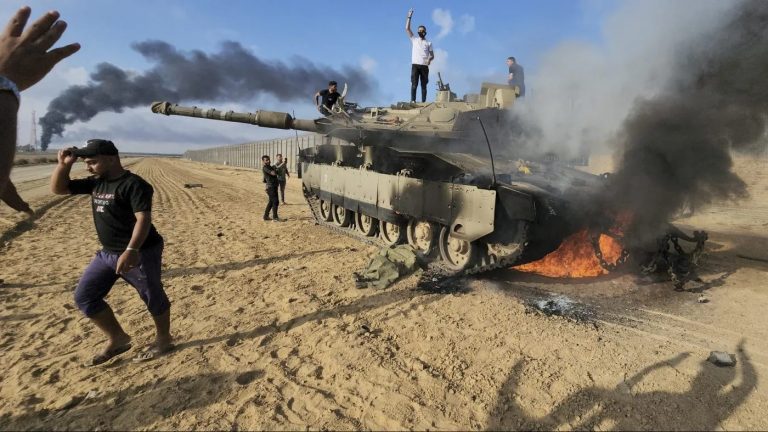
The complexities of the Israel-Hamas conflict are profound and have far-reaching implications that extend beyond the immediate regions involved. The potential for the conflict to spill over into neighboring countries, such as Lebanon, is a concern that international observers and regional stakeholders are closely monitoring.
The Israel-Hamas conflict, which has seen numerous escalations over the years, is deeply rooted in a long history of political, territorial, and ideological disputes. The most recent developments in the conflict have seen a series of military operations and exchanges of fire, which have had significant humanitarian impacts on the civilian populations involved.
The involvement of Lebanon in this conflict would not only exacerbate the already tense situation but could also lead to a broader regional conflict, drawing in various actors and complicating efforts for a peaceful resolution. Lebanon, which has its own complex political and social challenges, including a fragile economy and a diverse demographic composition, could face severe consequences if the conflict were to extend into its territory.
Register for Tekedia Mini-MBA edition 19 (Feb 9 – May 2, 2026): big discounts for early bird.
Tekedia AI in Business Masterclass opens registrations.
Join Tekedia Capital Syndicate and co-invest in great global startups.
Register for Tekedia AI Lab: From Technical Design to Deployment (next edition begins Jan 24 2026).
The main issues at the heart of the conflict include:
Territorial Disputes: The question of land rights and sovereignty in the region, particularly in Gaza and the West Bank, has been a central point of contention. The borders of Israel and a future Palestinian state remain unresolved, with both sides laying claim to territories.
Security Concerns: Israel’s security concerns include the threat of rocket attacks and other forms of violence from Hamas and other militant groups. Conversely, Palestinians in Gaza face severe living conditions, partly due to blockades imposed by Israel and Egypt, which they argue are for security reasons.
Political Recognition: Hamas, which governs the Gaza Strip, does not recognize the state of Israel and calls for its destruction. Israel, along with many other countries, considers Hamas a terrorist organization. This mutual non-recognition creates a significant barrier to peace negotiations.
Humanitarian Issues: The conflict has led to a humanitarian crisis in Gaza, with high casualty rates, destruction of infrastructure, and a dire economic situation exacerbated by the blockade.
Settlements and Occupation: The expansion of Israeli settlements in the West Bank and the ongoing occupation are seen by Palestinians and many international observers as a violation of international law and an obstacle to peace.
Political Instability: The internal political divisions within the Palestinian territories, particularly between Hamas in Gaza and the Palestinian Authority in the West Bank, complicate efforts to reach a unified stance in negotiations with Israel.
The role of regional and international players, including the United States, Iran, and others, influences the dynamics of the conflict, often adding layers of geopolitical complexity. The international community, including the United Nations and various diplomatic entities, has been actively involved in trying to mediate and de-escalate tensions in the region. The pursuit of a sustainable peace agreement that addresses the core issues at the heart of the conflict is seen as the only viable solution to prevent further loss of life and stability in the region.
As the situation continues to evolve, it is crucial for all parties involved to consider the ramifications of their actions and to engage in dialogue that prioritizes the safety and well-being of civilians. The path to peace is undoubtedly challenging, but it is the only path that can lead to a future where all can coexist without the shadow of war looming over them. The hope is that through persistent diplomatic efforts and a commitment to understanding, a resolution that ensures the security and dignity of all people affected by this conflict can be achieved.



